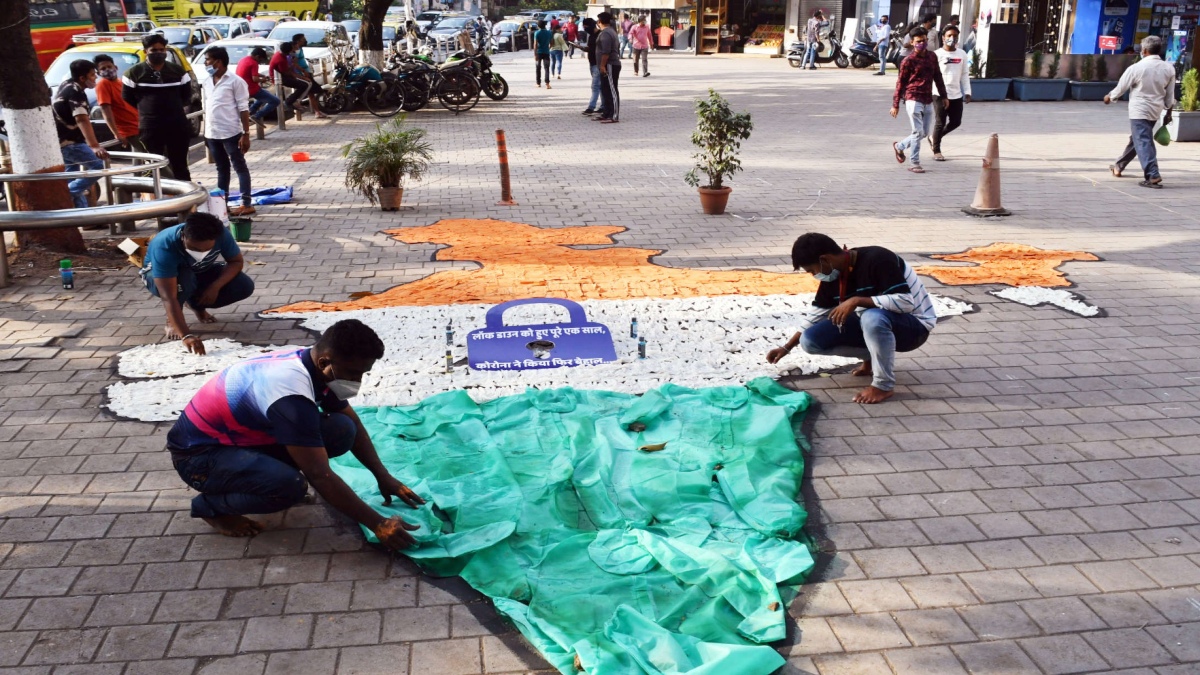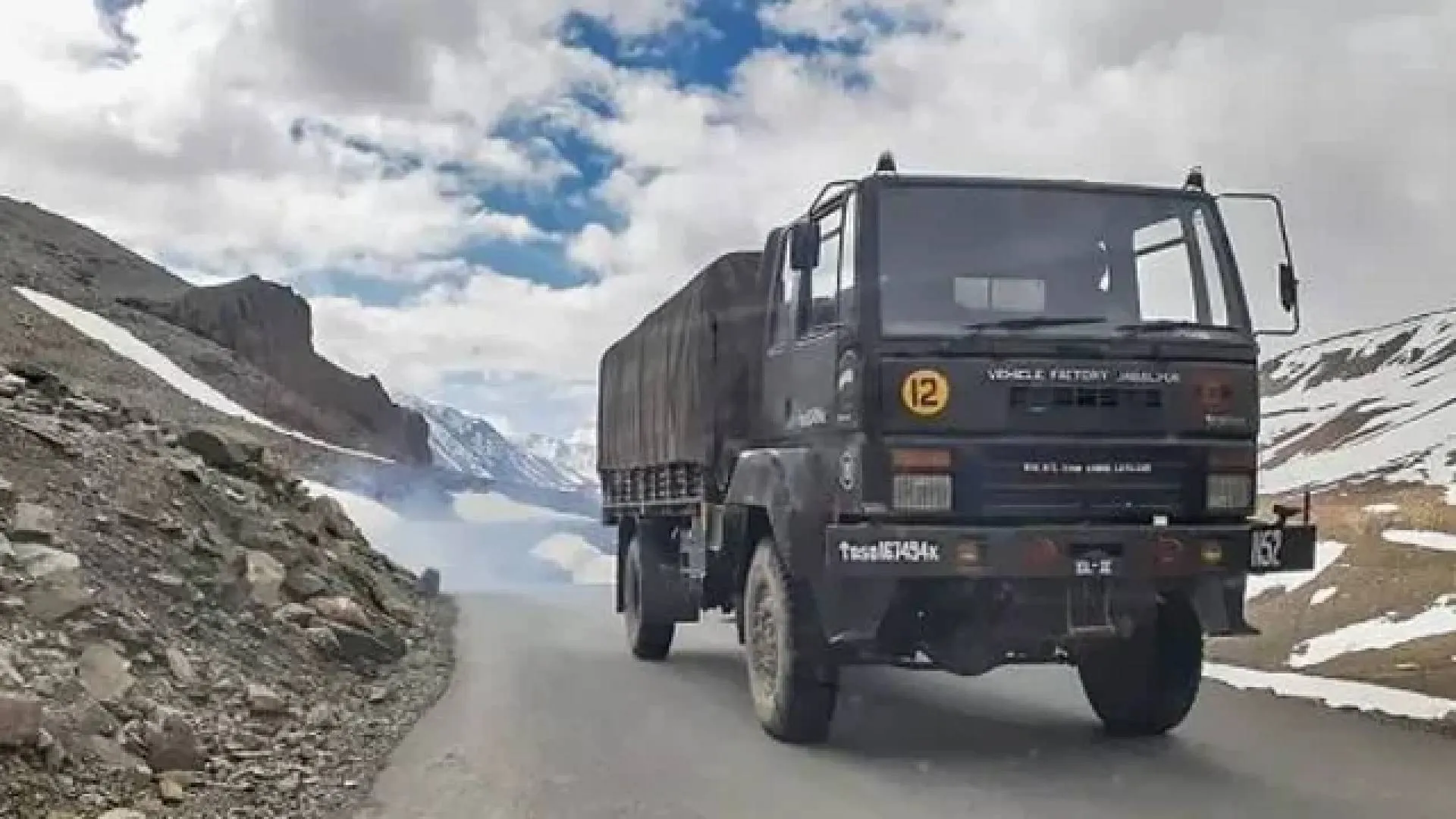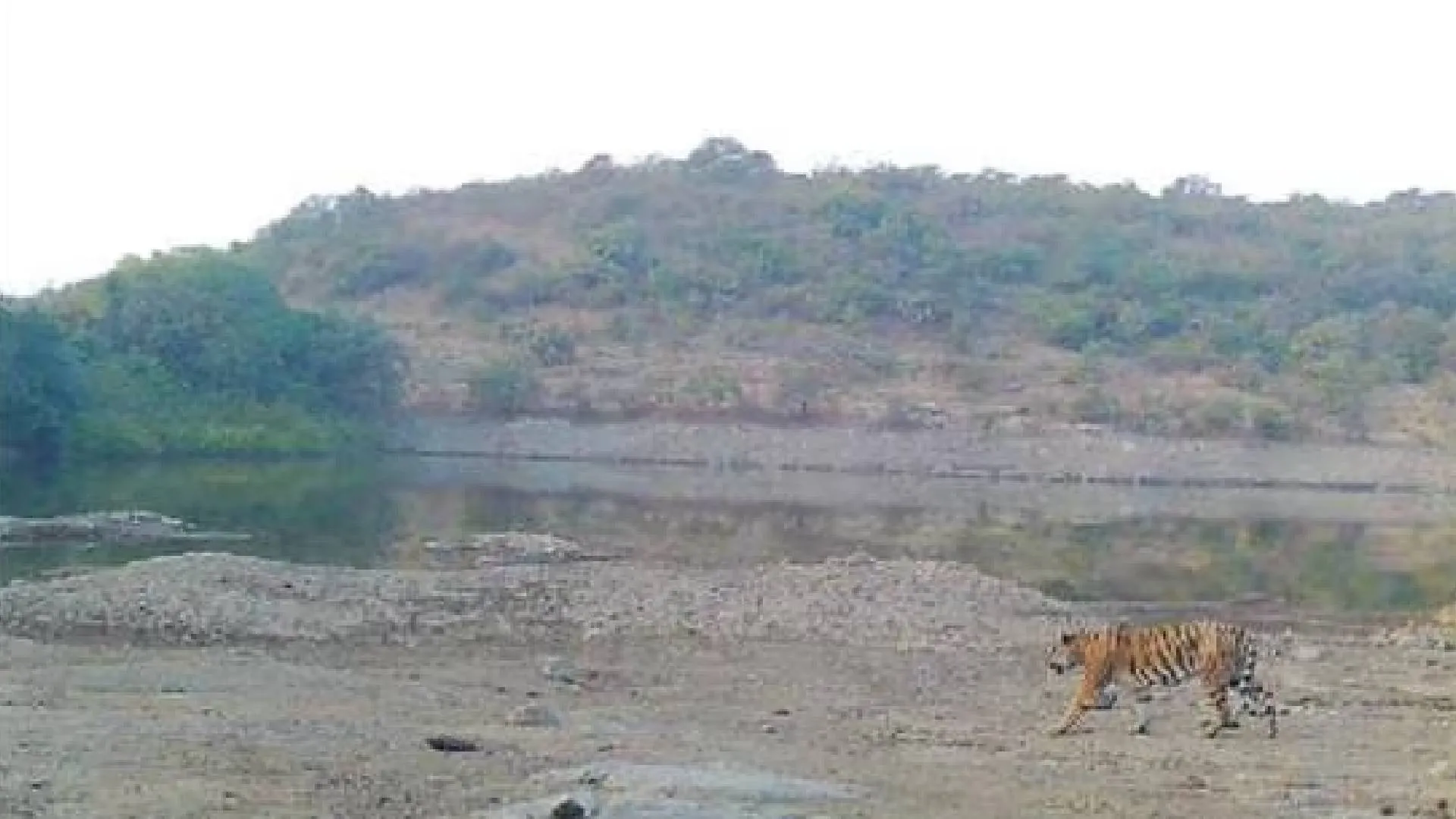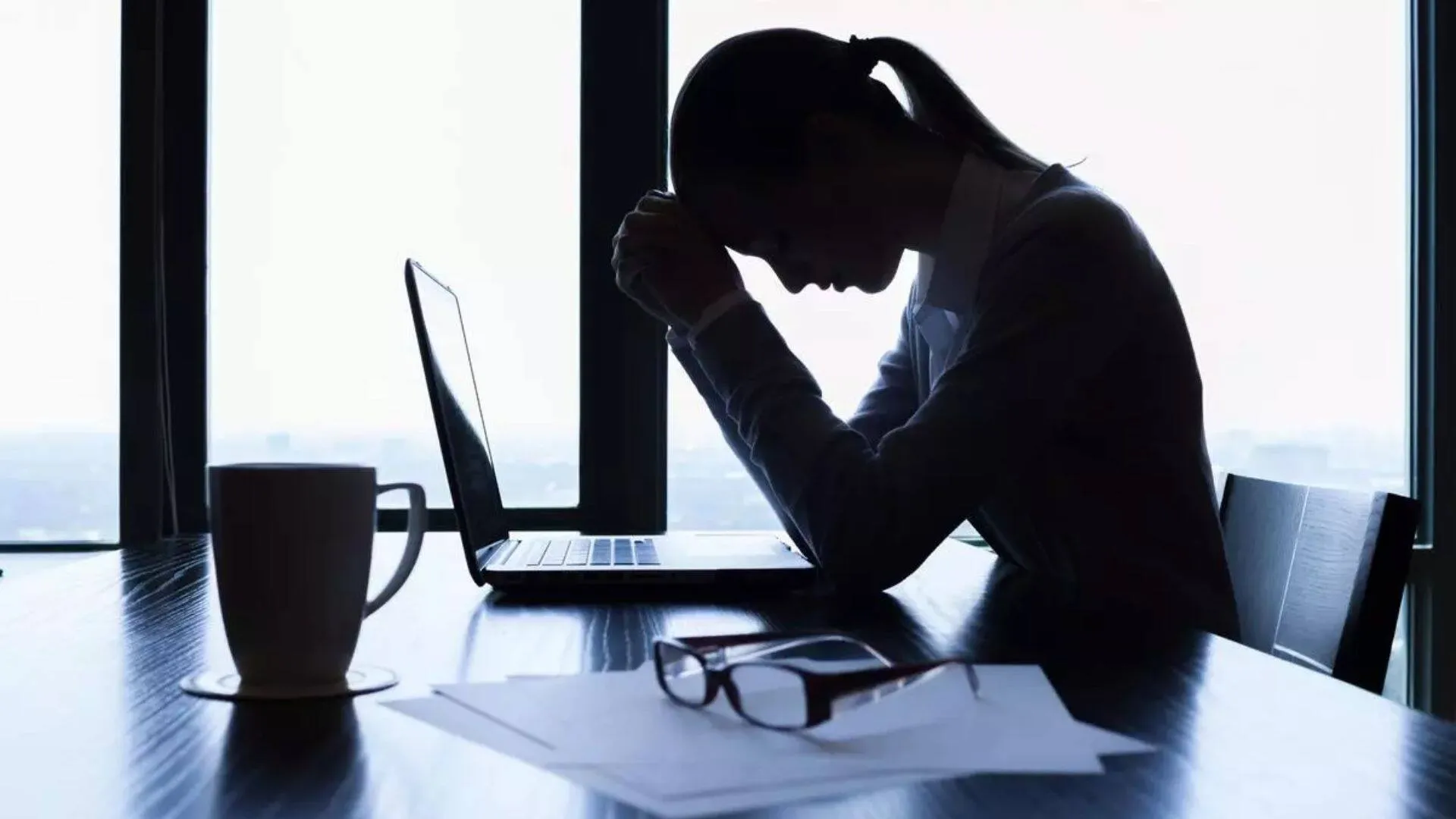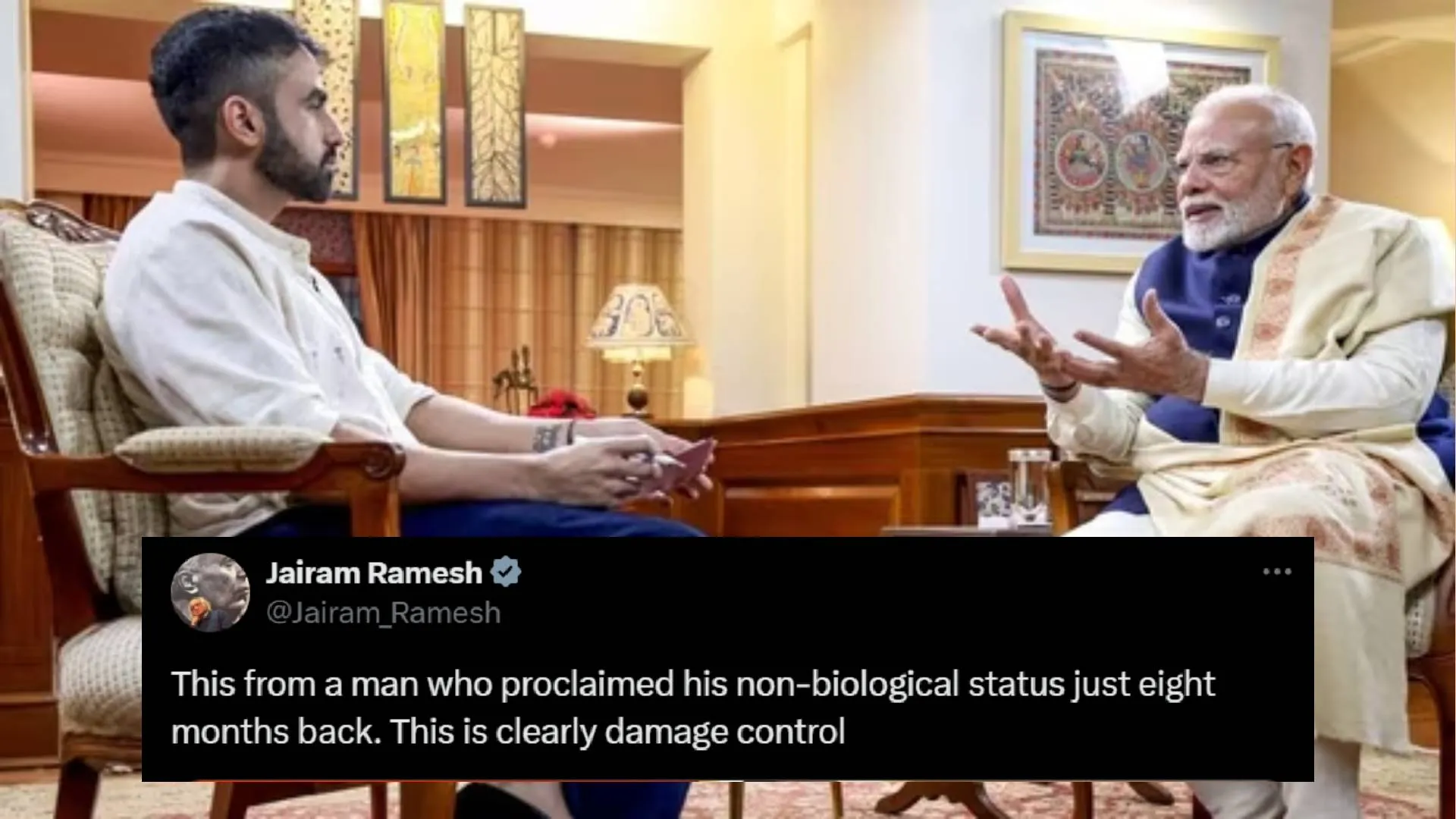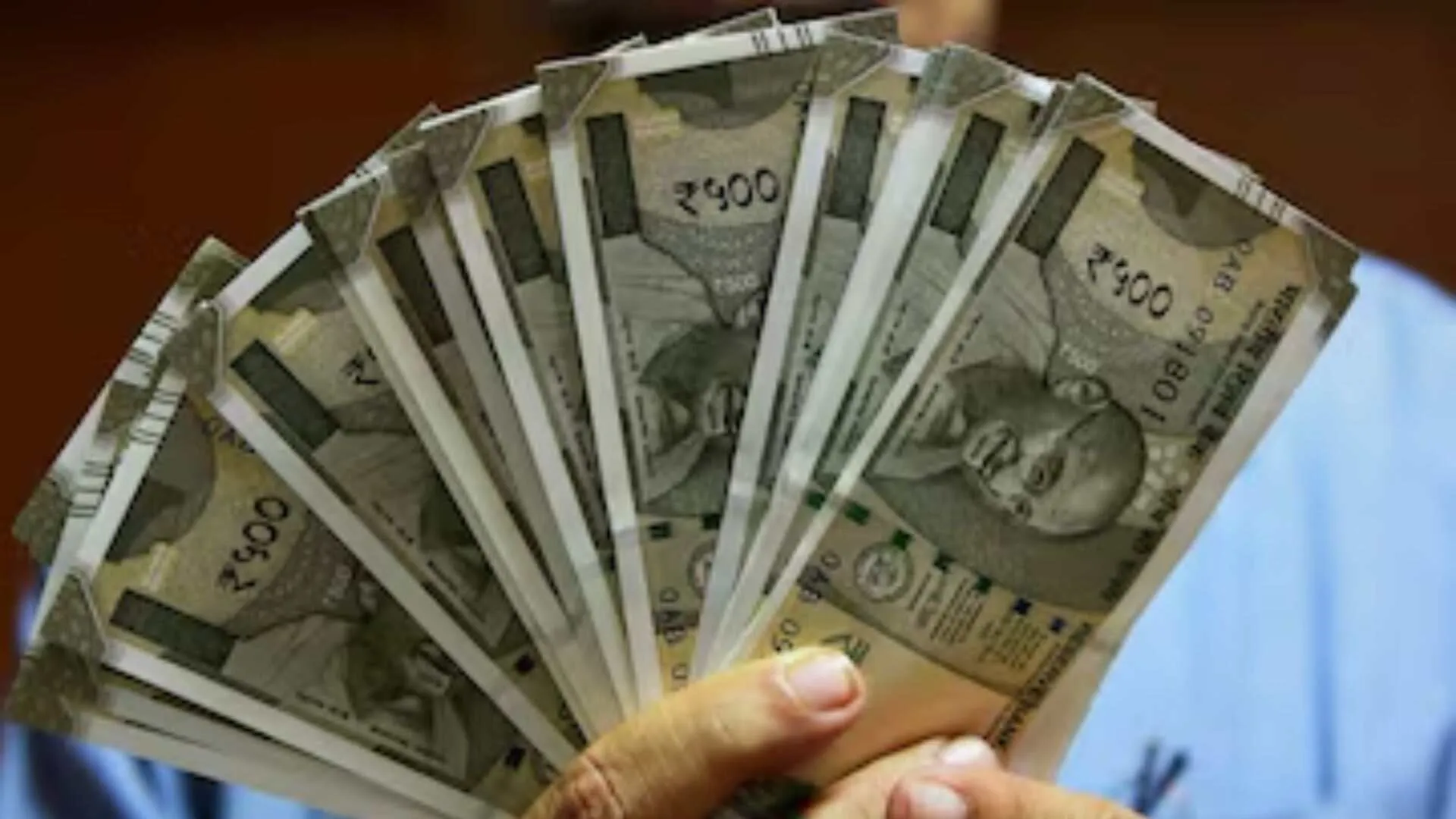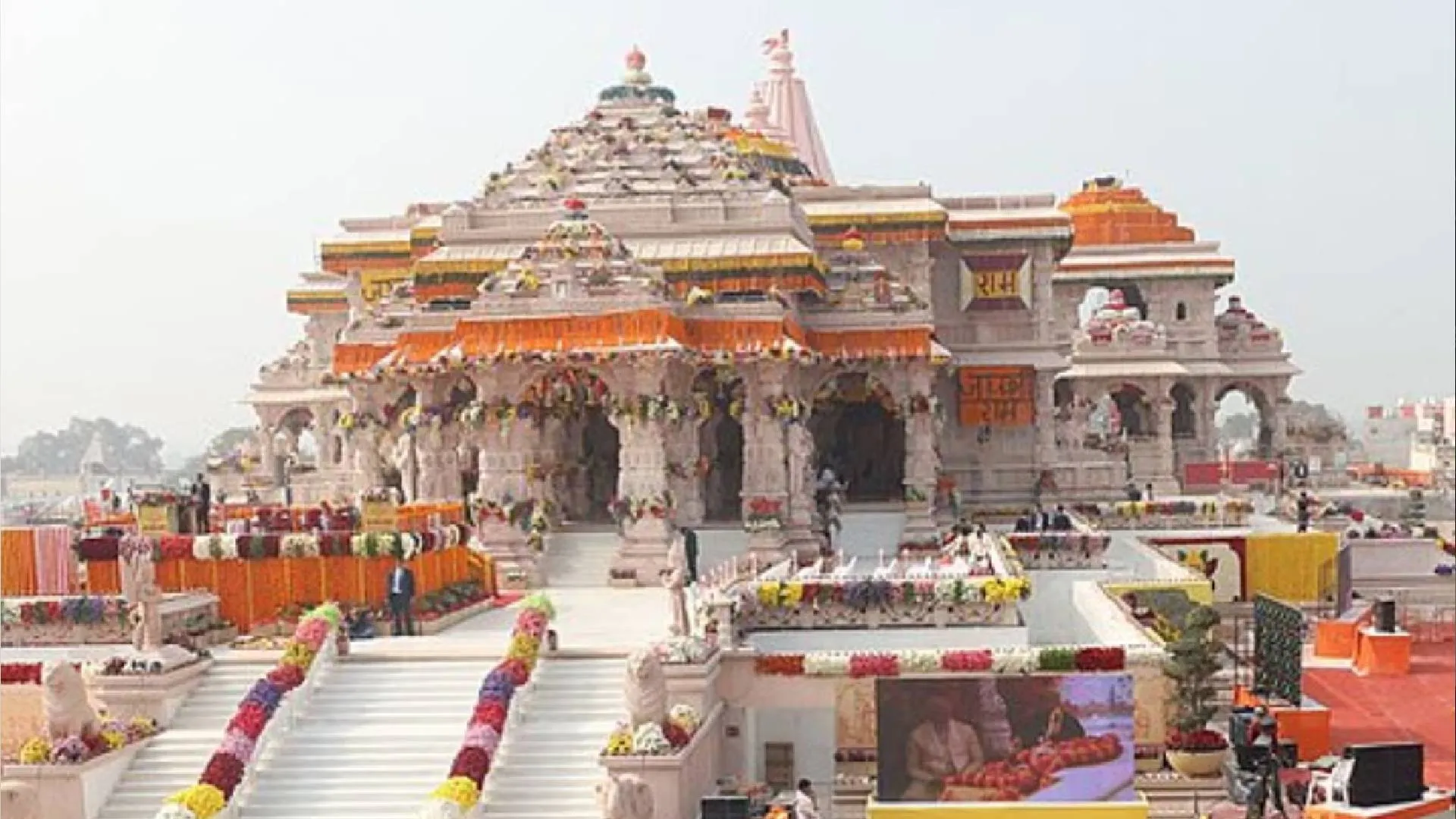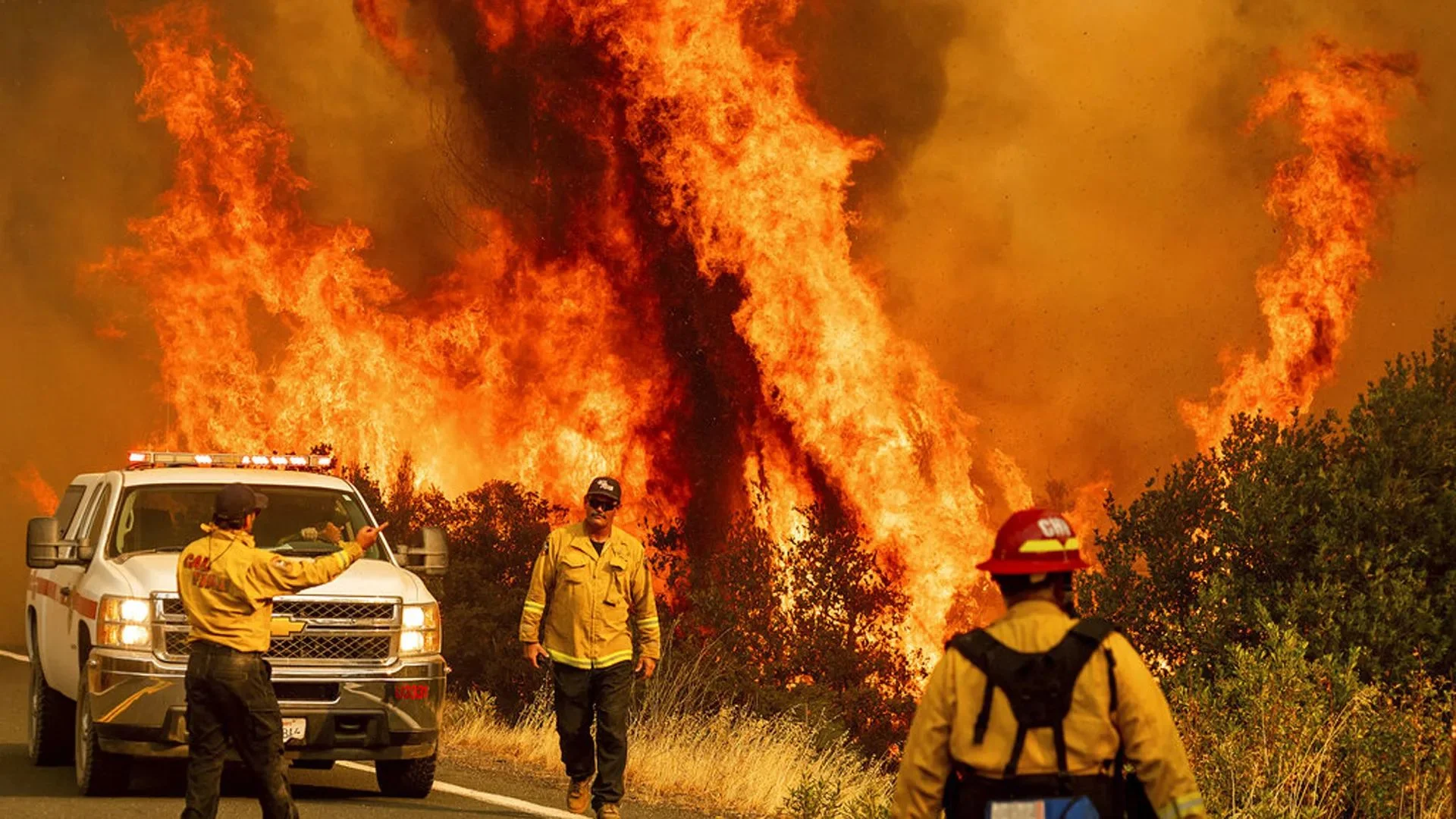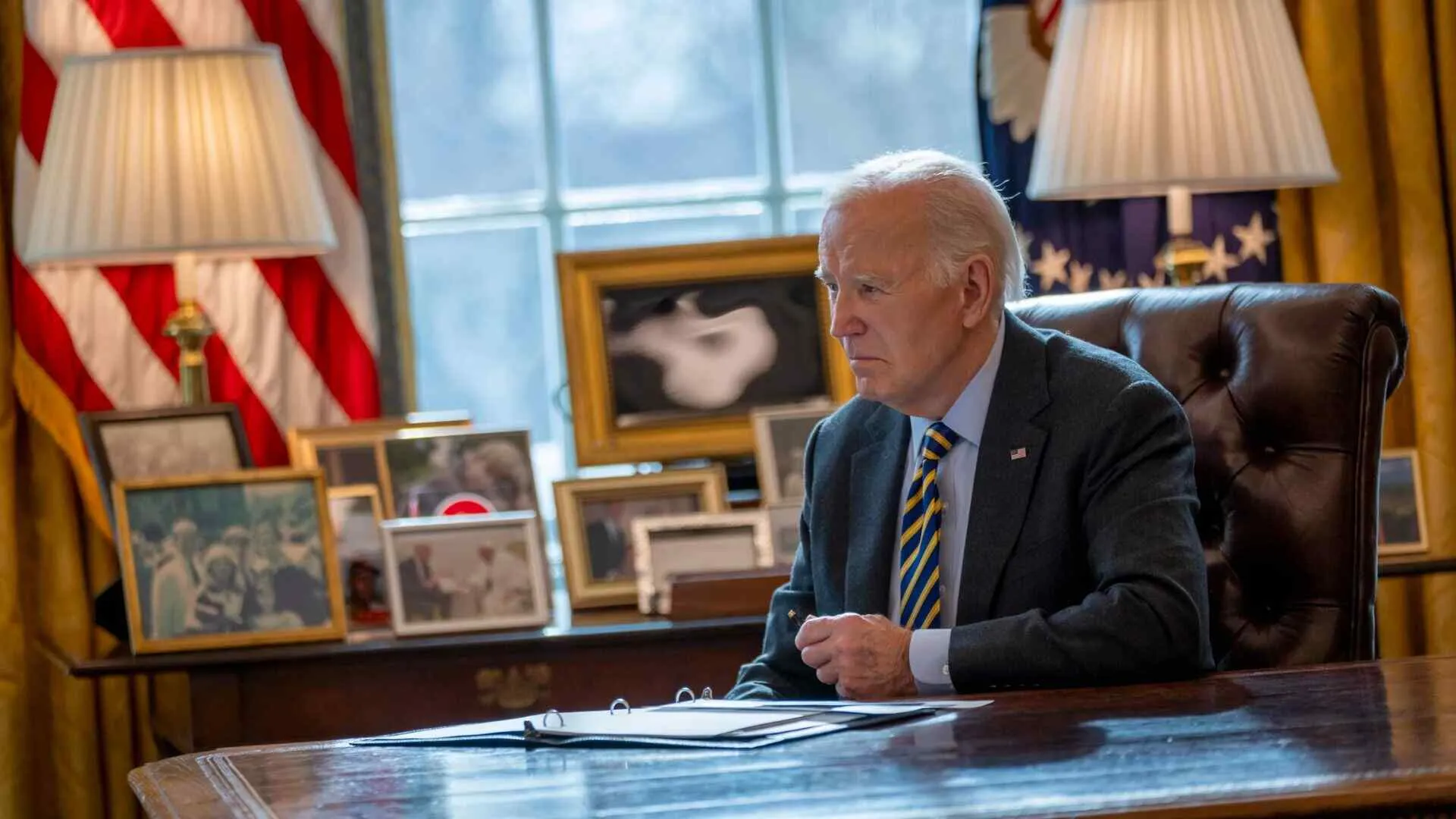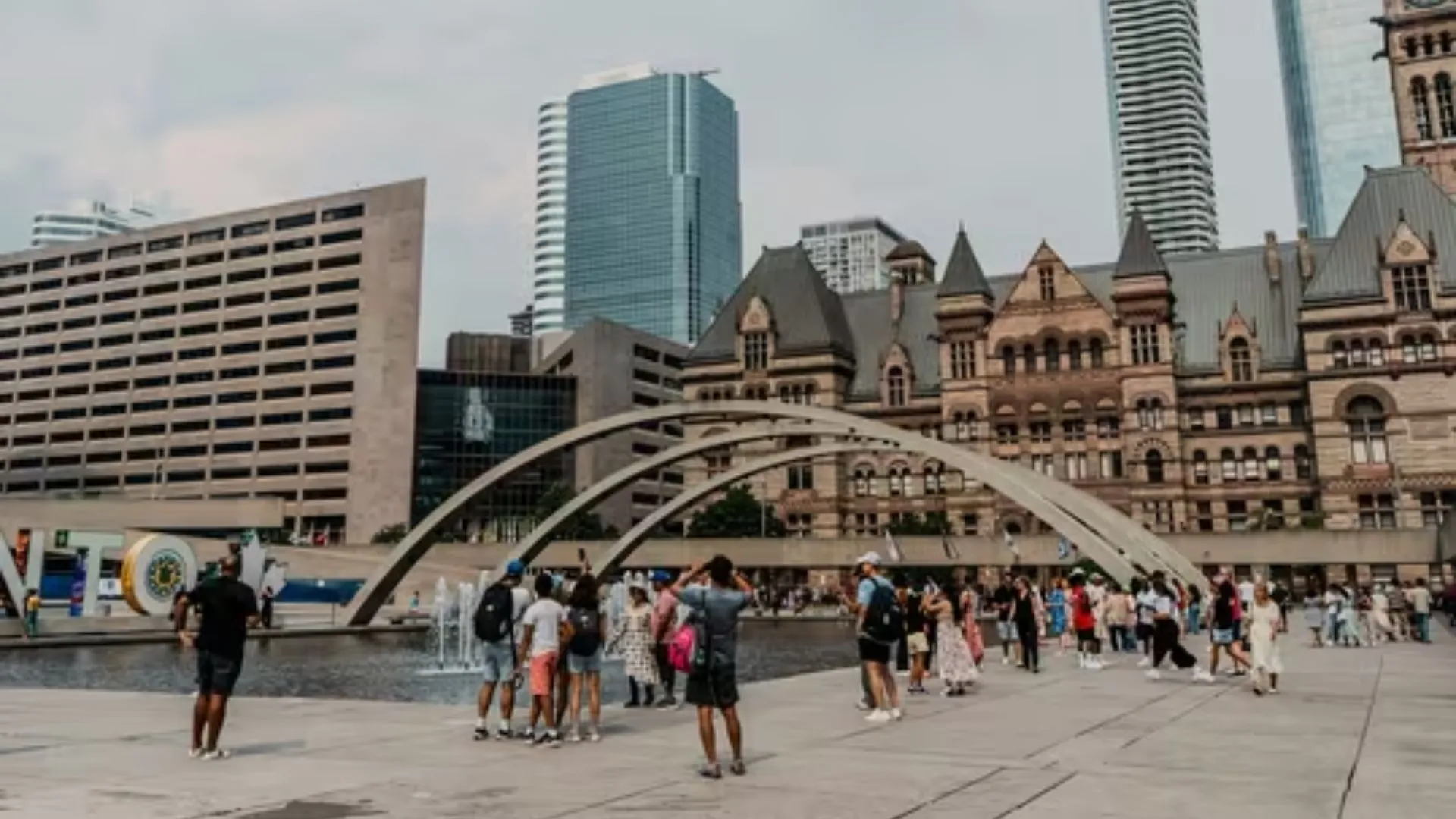India and the world are living through a once in a century global pandemic, a most tragic and devastating event in the history of humankind, It was only in February this year that experts across the world had commended India on dealing wisely with the first wave of the pandemic, belying ominous predictions. Contrary to the raft of canards being circulated, Indian Prime Minister Narendra Modi did not sit back in complacency after. In March 2021, he explicitly requested Chief Ministers of India’s 29 states and seven Union territories to remain vigilant about a potential second wave.


As Dr Fauci noted, no government could have anticipated the tsunami-like second wave of the pandemic in India, with the highest ever severity and transmissibility. No country in the world has ever had to deal with anything analogous, in scale, scope and complexity and impact, with several battle zones rolled into one.
That, unlike China, India is a democracy, and that there are rural-urban, centre-state and other binaries, and the opposition instead of coming together, is indulging in political oneupmanship, is overlooked. Dr Fauci has rightly made pleas to Indians to remain united and eschew divisiveness at this most threatening juncture in India’s evolution.
In 2020, when the coronavirus pandemic first broke out, India sent out multiple shipments of medicines to the US and later in an act of remarkable generosity, it sent vaccines to over 90 countries. Now, a monstrous second wave is engulfing India and its population, four times the size of the USA. It is facing an “unrestricted biowarfare” as some have pointed out, jeopardising the health, economic and social security of its people. The world must look at India with empathy, not the least as it can happen to and is happening to even the most well-resourced of countries.
The UK, USA, Japan, and other countries, are repaying India for its initial acts of generosity. The pandemic has united the world and its leaders in some measure at least. Given that it is global in scope, it necessitates a global response and cooperation. Nothing less will suffice.
The United States, the world’s wealthiest economy, was almost paralysed by the coronavirus. Vivid images of dying patients in its major cities, especially New York were flashed but were never grisly, demeaning and crass, and were inevitably accompanied by ineluctable respect for the deceased and their grieving families. Then why is this rush to judge and be vulture-like when it comes to India?
India survived the first wave of the pandemic with relatively fewer cases and deaths. The central government ordered a lockdown in April 2020 and adopted a Covid-19 war strategy which seems to have worked. The second wave of the pandemic is brutal — the virus more belligerent in its new, mutated avatar; symptoms vary, it is less amenable to usual treatments the onset of death is devastatingly rapid, and post-Covid-19 complications many.
Throughout the second wave of the pandemic, a clutch of India’s journalists, self-appointed serial commentators, actors and other so-called experts berated the government, which is damned if it does, and damned if does not. They tweeted with malice and callousness, inevitably besmirching India’s government, its leadership, and India. They ruthlessly pounced, most of all, on the one man who had statesmanlike steered India through its difficult first wave — Prime Minister Narendra Modi. The mean-spirited drivel that is being used each day to personally attack PM Narendra Modi is bottom-of-the-barrel. On Twitter and other social media, the slugfests multiply.
The Western media is now quite blatant apropos of its civilising project for India. It is open season for invective, and newly-minted Orientalists, for racist rhetoric, and expletives. It passes judgement on governance in India, which is most complex, and challenging, at the best of times and routinely misleads the world about the on-ground realities in India, It receives overzealous help from a raft of our colonised journalists, and certain echelons of the Indian diaspora. They are, together, a veritable parco dei mostri.
Then there is the breed of the pyromaniac journalists, who revel in visiting cremation grounds, parking themselves there, amplifying the theatrics, and ‘heroically’ broadcasting, contra jour, from within the midst of funeral pyres. They violate people’s right to privacy in their time of tragic bereavement. That Hindus cremate, rather than bury their dead, makes for searing and grotesque images, does it not? How morally repugnant and ignoble is that? If you can’t help amid a pandemic, at least don’t harm, desecrate, malign, I say.
You wonder why the international media is fascinated by this particular brand of voyeuristic atrocity and opinion fetishism. Why view India, its government, and its Prime Minister, through the bigoted lens of a phenomenologically reduced status, which it suo moto ascribes to them?
India’s vaccine leadership was globally recognised in January-February 2021. India has already vaccinated 200 million of its citizens: no mean feat, given the magnitude of the logistics it has to negotiate with lesser resources. It is impossible for India or any country in the world to produce and secure enough vaccine to cover its entire population of 1.4 billion immediately and at one go. India has rolled out a vaccination plan that will permit it to cover most age cohorts by September and have 2.4 billion doses of vaccine by the end of 2021. India has also launched new cure/treatments for Covid-19.
The government has worked assiduously, and sans cessation, to set up oxygen-manufacturing plants bought oxygen concentrators and other essential equipment, enlisted the support of the Indian Armed forces, set up field hospitals, converted hundreds of railway carriages, as well as indoor stadiums, into hospitals for coronavirus patients; and spared no effort in battling a behemoth with public-private partnership.
Dr Devi Shetty, a world-renowned cardiac surgeon, and head of the Supreme Court of India’s task force on the pandemic affirms: “Our government has moved heaven and earth. If the whole country is falling sick, no infrastructure in the whole world can manage it.” Proving the doomsayers wrong, there is a significant decline in infections, positivity and death rates and recoveries exceed new cases.
Coopted Indian journalists resuscitate and perpetuate the colonial myth that India is brutish, out of control, wayward, and still inhabits the middle ages. The perpetrators of these falsehoods are colonised Indians too, and activists, who crave assimilation, and are woefully in thrall to their past masters and new ones like China. Instead of forging the solidarity of democracies with India, they seek to undermine it.
If you have nothing constructive to say, and no help to offer, eschew the divisiveness. Negativity at this historical juncture is unconscionable. It is not civilised to be vicious, xenophobic, or mendaciously tarring when millions of Indians confront a mortal threat. If you can help — and God knows our journalists and activists are well connected —please do that. But if you cannot, then: Stop harming a vulnerable India. In a pandemic, this is an ethical imperative.
The compassionate and caring India I love is one that no odious journalists, activists, or viruses can ever destroy. Australian cricketer Matthew Hayden recently articulated his beautiful, if anguished, response: “As it battles the alarming spread of the virus, the world media has lost no time in lambasting a country with a population of a whopping 1.4 billion, where the sheer numbers make the implementation and success of any public scheme a challenge. I have always had the highest respect for the leaders and public officials who are entrusted with the running of this vast and diverse country.”
The author is a Distinguished Fellow at Carnegie Mellon University and advises world leaders on public policy, communication, and international affairs. The views expressed are personal.

